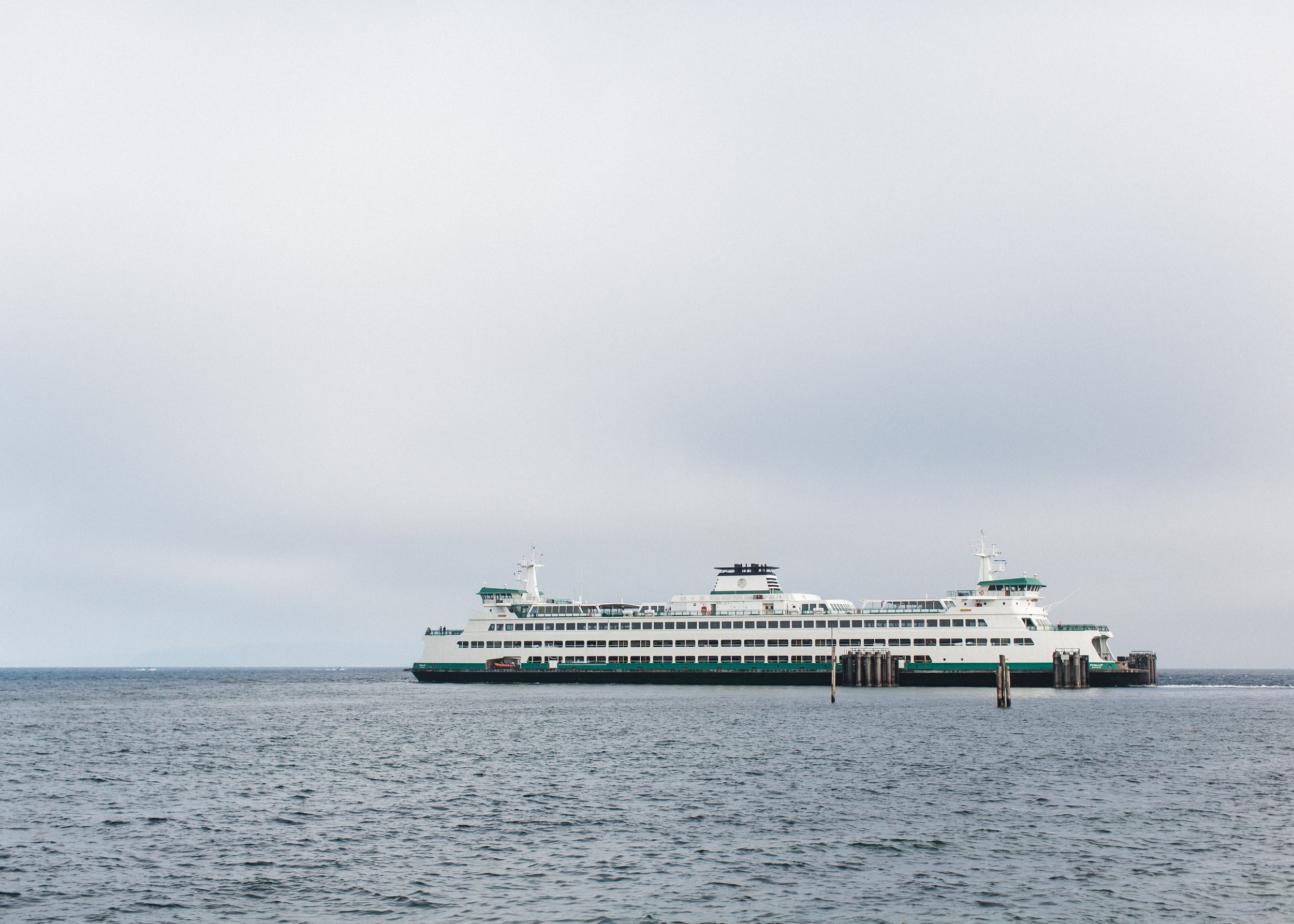
FAQ
What does the Port do?
A lot actually! The Port is responsible for economic development, marina and commercial operations, public access to the waterfront, and environmental stewardship.
Why should I care?
When you’re out and about in Edmonds, you don’t say to yourself, I’m in the city district or I’m in the port district, you just know that you’re in Edmonds. We are ONE Edmonds. What happens at the Port affects all of us. For example, we will have a once in a lifetime opportunity in the near future to buy a piece of the marsh currently owned by Unocal (Chevron) and restore the entire marsh to a fully functioning estuary. That opens the door for ecotourism, attracting the scientific research community, as well as helping marine wildlife and giving ourselves an irreplaceable natural asset. That’s a project the entire community could be proud of and benefit from.
The Port could also be doing more in the way of economic development which in turn would help the city get out of its financial crises. The Port could invest in creating the type of public spaces residents actually want, like walkable neighborhoods with thriving businesses.
And finally, public access. It’s YOUR Port! The waterfront is for everyone and you belong there. And so does your voice and your vision for this vital piece of our community. So let’s work together to make it happen.
Do you own a boat?
I don’t own a boat, just like the Fire Chief doesn’t own a firetruck and the Mayor doesn’t own City Hall. Our boating community is super cool and marina operations are a big part of Port revenue. But being a Port Commissioner is actually about business, environmental stewardship, and working for the public, all things I have a proven record of doing successfully.
Especially right now, people are watching their pocketbooks. Most residents don’t own boats. And they still deserve to see themselves and their values represented in city leadership.
You’re the CFO of a nonprofit. But don’t we want our city to run profitably?
It’s a common misconception that nonprofit organizations aren’t profitable. Just like for-profit businesses, nonprofits can and do make money. If a nonprofit doesn’t have sustainable levels of revenue and expenses, they won’t be able to make payroll or pay their bills and will eventually shut down.
Nonprofit leaders are exceptionally experienced at budgeting, dealing with volatility in funding, nurturing relationships with funders, staff, and donors, and making a little go a long way. I’m proud to be one of them!
How does your professional background prepare you for this job?
Port Commissioner is a leadership position, and I bring over seven years of executive leadership experience as the Chief Financial Officer of a nonprofit organization operating across Alaska, Oregon, and Washington. I oversee more than $5 million in annual revenue from approximately 20 funding streams and lead a team of over 50 staff working on projects that range from hyper-local to national in scope.
I manage all aspects of financial oversight, including reading and reviewing contracts before execution, ensuring compliance with federal, state, local, and private funders, and maintaining compliance throughout the life of each grant or contract. These funding sources each have their own complex requirements, and I have extensive experience ensuring compliance while adapting to change in the uncertain times we’re living in. My responsibilities include cash forecasting, multi-year budgeting, collaborating with program managers to stay on the same page, working towards a strategic vision, and more.
As CFO, attention to detail is a requirement. Our organization undergoes rigorous annual audits due to our federal funding. I’m proud to share that we recently completed an annual audit with no findings (which in accounting speak means, no problems).
When new lease recognition regulations were introduced a few years ago, I took it upon myself to learn and implement them in-house rather than outsource the work, saving our organization thousands of dollars. Our auditors later told me that out of their many clients, I was the only one who had not given up and outsourced the work.
Before stepping into my current role, I provided accounting services in Washington, D.C., to major federal agencies including USAID, the Department of Defense, and the Department of State. I also worked briefly as a Certified Public Accountant (CPA) in the auditing world, giving me a strong foundation in financial controls, compliance, and customer service.
Whether I’m working with commercial insurance brokers to mitigate risk, presenting the financials to our board of directors, mentoring new staff, or celebrating wins in the child welfare sector, I’m proud of the work I’ve done and look forward to putting my experience to work for you as your next Port Commissioner.
